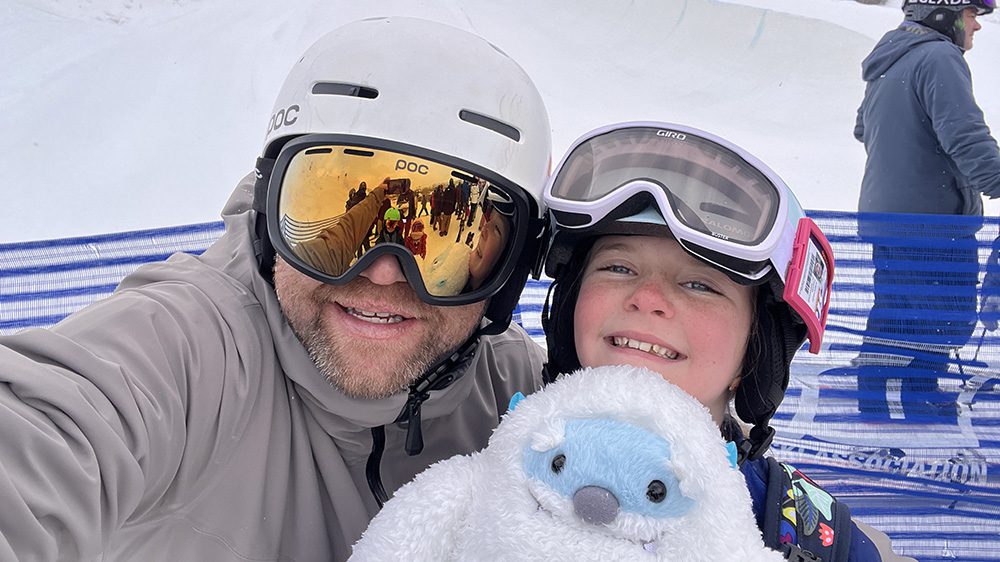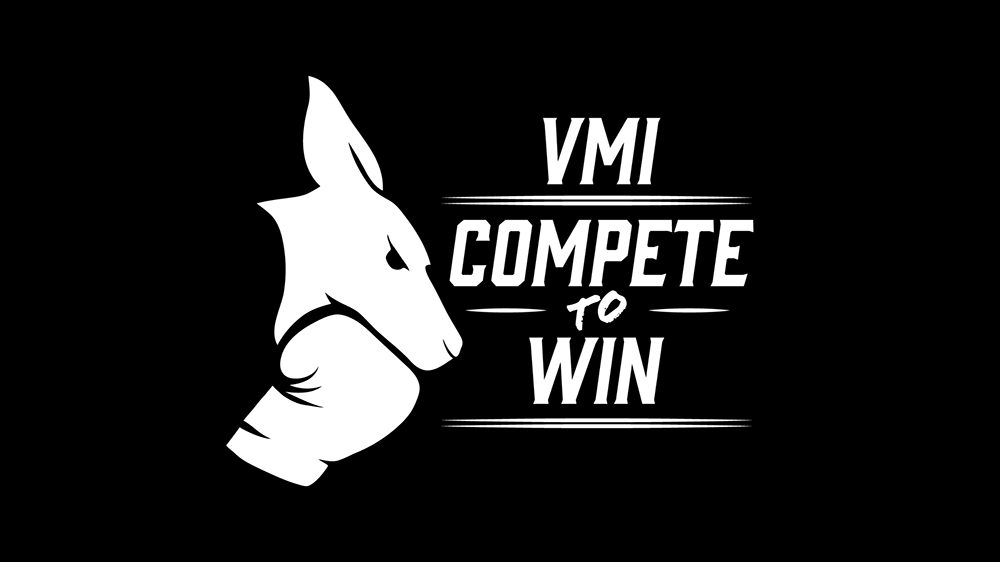Patrick Henderson ’99 and Chris Copenhaver ’99 are brother rats, best friends—and business partners. They started Protos Security in 2006, quit their day jobs in 2011, and two years ago, they sold part of the multimillion-dollar company.
“It’s been a blessing,” Henderson said. “It doesn’t get much better than that … to be brother rats, but also best friends and to be able to build something.”
Their business, Protos Security, through disruption and bringing about needed internal change, turned an industry on its ear. It’s a tech enabled managed services model company—the Uber of the security guard industry, Henderson explained.
The company didn’t begin—or become successful—overnight. The idea came during church league bowling in 2006. Between frames, a friend who worked for Advance Auto Parts relayed some issues with retail security guards at his stores.
“They needed a better solution … a better mousetrap,” Henderson said. “Chris quickly did some homework and studied the industry.” The two presented a plan to Advance Auto Parts, and “they gave us an area to test a pilot program.”
The business came together in short order. The brother rats give a lot of credit to the “speed of trust” and their shared background. The entire “fabric” of their business was based on VMI tenets—including the Honor Code. In the early days, the two had to make snap decisions and sometimes take risks with little time for pauses.
“If you don’t have that trust, you can’t do that,” Copenhaver said. VMI also teaches that “no matter how bad the day is, for the most part, you realize that … not only will you survive it, but you’ll be better for it. You can find ways to kind of laugh about it … it keeps you running lean and keeps you running forward instead of miring down in that ‘would have, could have’ and self-pity.”
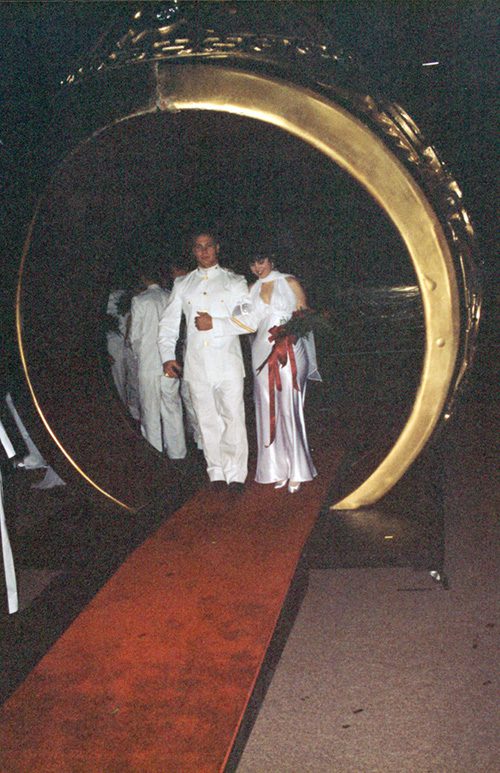
Patrick Henderson, Class of 1999, and his wife, Heather, at Ring Figure. Photo courtesy Henderson.
Fifteen years ago, the retail security industry was not very transparent. Before Protos, industry norms were dominated by large companies. Many smaller, regional security companies followed the lead of the giants in their operations.
Security companies scheduled officers and billed retailers—whether or not the officers showed up or showed up on time. If officers reported an incident, the report went to the security company. Local managers sometimes saw these reports, but the information rarely trickled up to national managers.
Officers felt little ownership in their jobs. The security officer’s standard procedures were often a coffee-stained, wrinkly stack of haphazardly stapled papers. Timecards were on paper and had to be mailed in, then processed by hand.
Beginning with little more than an excel spreadsheet and some grit, Protos streamlined the process. They contract with Fortune 500 retailers and subcontract local guard companies. They’ve built a successful platform that works nationwide.
The company’s software started as a “clunky desktop program”—that still produced results. It’s progressed through several stages of development to its current status, a web application. Developing the web application led Protos to “one our best hires, Brother Rat Cameron Tabor [’99], who came on as our chief technology officer in 2014,” Henderson said. “Cameron was a Godsend, who took our sub-par software and developed it into a world class software product.”
Tabor’s leadership and vision brought clients Protos’ current product: A real-time, one-stop shop portal for accountability and visibility into their guard programs. For clients, the immediate and continuous visibility is a “gamechanger,” Henderson explained.
Security officers can clock in and out using their own smartphone or the store’s phone.
Clients wanted accuracy and GPS validation, and Protos provides that. Using the web application, officers can file incident reports, including photos. Retail clients can send updated procedures to the officers with pinpoint accuracy. The all-digital ecosystem has boosted efficiency across the board.
“The accountability that we provide in the security guard industry has disrupted the industry,” Henderson said. “To compete in this space now, you’d have to have some form of the tools we created.”
Protos started out with a large, steady client, Advance Auto Parts. For the first few years, Copenhaver and Henderson pitched their company to anyone who would listen.
Anyone included Food Lion’s loss prevention vice president, who, up until 2013, had put off the sales talks from Henderson and Copenhaver. One day, he called as he was driving through the area. He’d be in Roanoke in a few hours—and he wanted to talk.
At the time, Protos was operating out of an unremarkable “two and a half offices.” The pair looked around to see what they could do to improve—and impress the Food Lion vice president.
“We had to get the place looking good,” Henderson recalled. “[We’d] been waiting years for this.”
Somehow, they managed to temporarily appropriate an almost-empty office in their building. The contractor who rented this office stored a few boxes there and was usually not in the office. They quickly moved in furniture and decorations for the meeting.
A very small company at the time, they called in part-timers and everyone who worked from home. They instructed them to “stomp around” and to make the phones ring by calling each other—anything to give the impression of a bustling, vibrant operation.
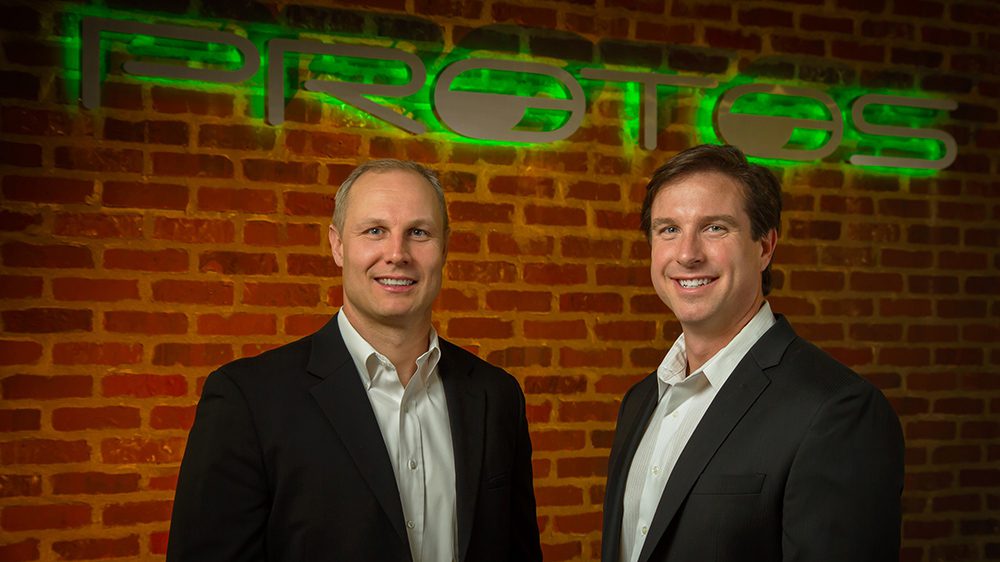


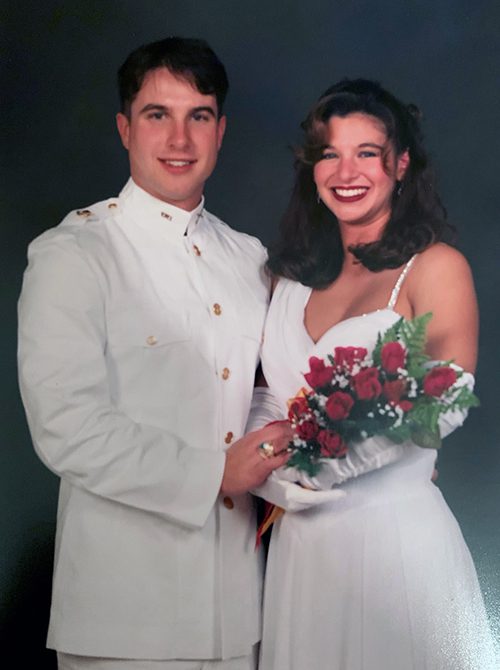
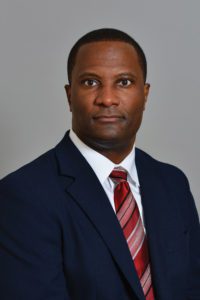 “As you read their story, it is easy to understand why they give … to give another young person a chance to succeed without any barriers to do so,” Williams said. “No matter their background, if they are willing to grind, stay focused, and work hard—then anything is possible.”
“As you read their story, it is easy to understand why they give … to give another young person a chance to succeed without any barriers to do so,” Williams said. “No matter their background, if they are willing to grind, stay focused, and work hard—then anything is possible.”
